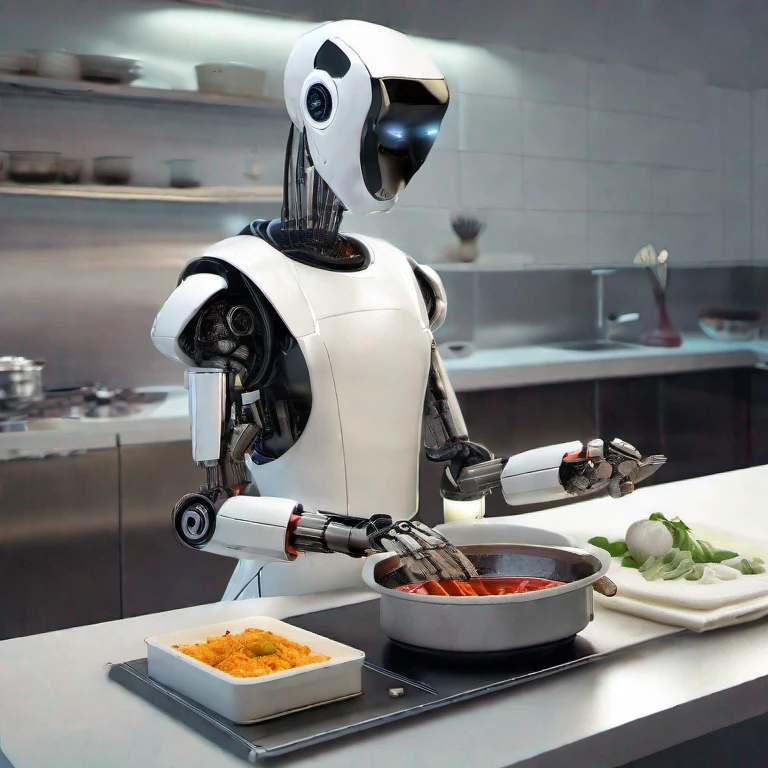In the rapidly advancing world of technology, the rise of Artificial Intelligence (AI) has sparked intense debates about its potential effect on employment. Critics argue that AI will render humans obsolete, leading to widespread job displacement and economic upheaval. However, it is essential to view this transformation through a balanced lens, considering the potential timeline for AI’s impact on jobs and the innovative opportunities that lie ahead.
AI and Job Automation: Separating Fact from Fiction
While AI undeniably has the potential to automate certain tasks and occupations, it is crucial to understand the limitations of current AI technologies, like ChatGPT. The capabilities of AI systems are specific and narrow, designed to perform predefined tasks rather than replacing entire job roles. While automation may bring changes to the workforce, the complete replacement of human labor remains a complex and distant scenario.
Gradual Transition: Evolution, Not Revolution
Historically, technological advancements have brought gradual changes to the job market, allowing workers to adapt and embrace new roles. The widespread adoption of AI is expected to follow a similar trajectory. Instead of an abrupt disruption, the integration of AI technology will likely bring forth an evolution of job tasks, with humans and AI collaborating to enhance productivity and efficiency.
The Role of Human Skills and Creativity
Even with the advent of advanced AI systems, certain qualities unique to humans remain irreplaceable. Traits such as creativity, critical thinking, empathy, and complex problem-solving continue to define the human experience. These skills are highly sought-after in many industries and are expected to become even more valuable in the future job market. As AI takes over routine and repetitive tasks, individuals can focus on developing and utilizing these distinctly human attributes.
Adjusting to the Future: New Opportunities
With every transition, new opportunities arise. The adoption of AI technologies will unleash a wave of innovative roles and industries, requiring individuals to upskill and adapt. Job positions centered around the development, maintenance, and optimization of AI systems will emerge, creating numerous employment possibilities. Moreover, the integration of AI into various sectors will lead to increased productivity, cost-efficiency, and the potential for economic growth.
Positive Impact: Enhancing the Human Experience
Rather than viewing AI as a threat, we should explore avenues where it can enrich our lives. AI has significant potential to revolutionize healthcare, education, transportation, and environmental sustainability, among other fields. By leveraging AI’s analytical power and processing capabilities, we can address complex global challenges, improve decision-making processes, and enhance overall human well-being.
Conclusion: Embracing the Future with Optimism
While apprehension surrounds the impact of AI on jobs, it is vital to assess the situation objectively and with a positive outlook. The full-scale replacement of humans by AI remains unlikely, considering the complexity of human skills and the gradual nature of technological transitions. By recognizing the opportunities that AI presents, we can embrace a future where humans and machines work synergistically, expanding our capabilities and ushering in a new era of innovation. By reskilling, adapting, and focusing on our uniquely human characteristics, we can harness AI’s potential for the betterment of society, welcoming a future where technology and humanity coexist harmoniously.
